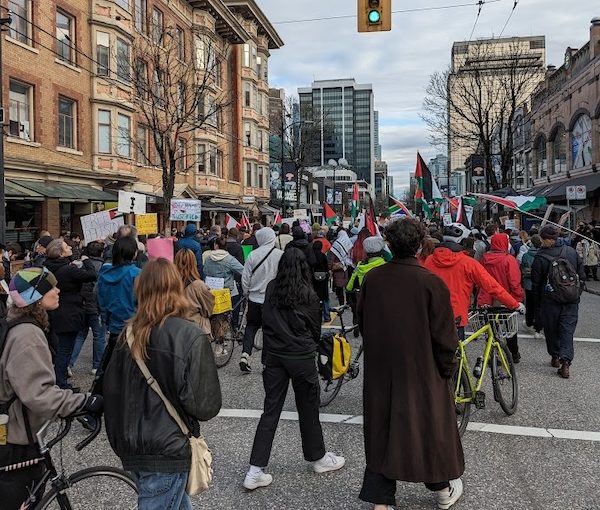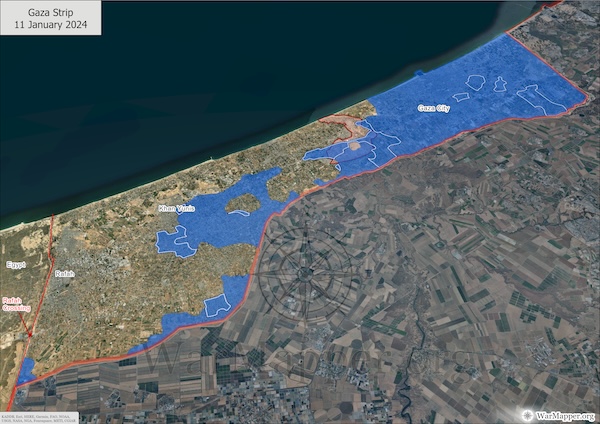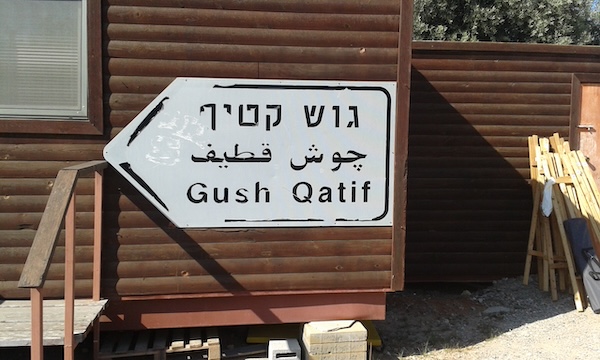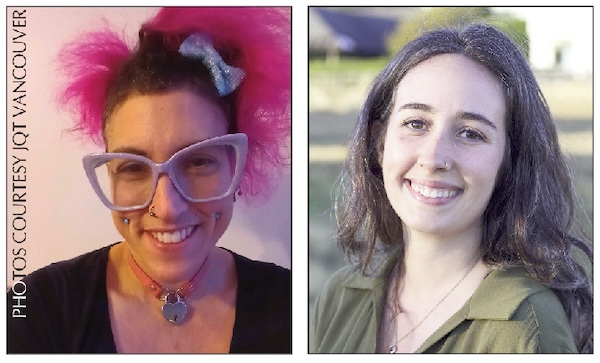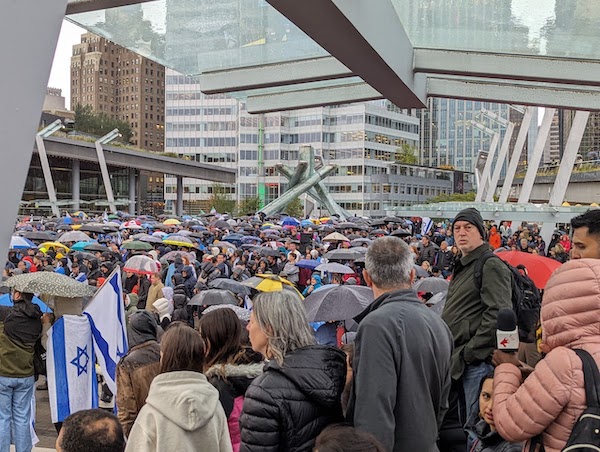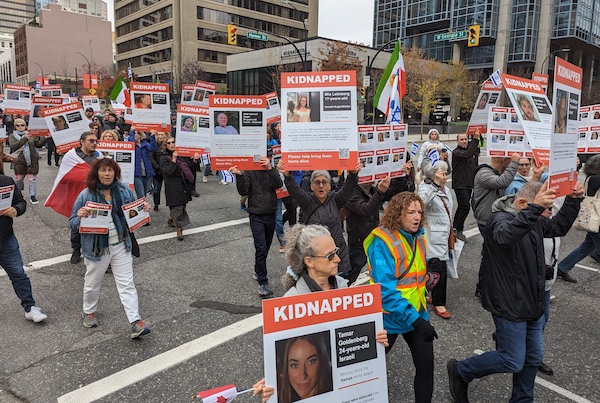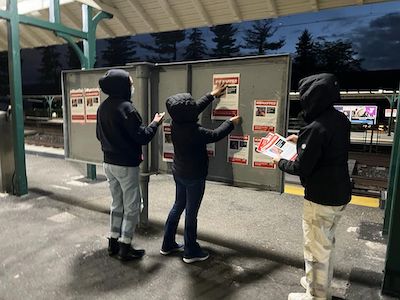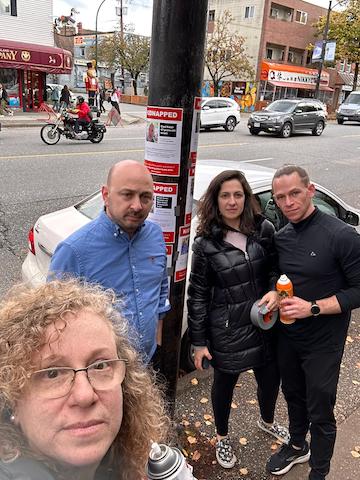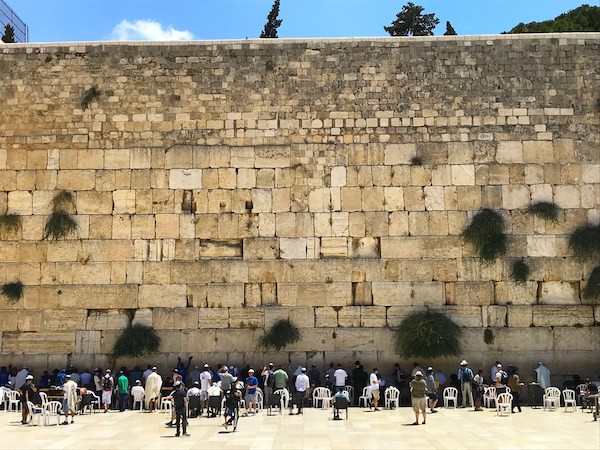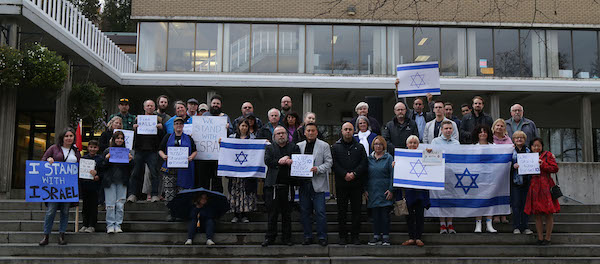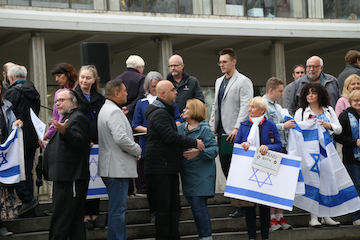The Kotel (Western Wall) in Jerusalem (photo by James Blake Wiener)
Two weeks ago, 34 student organizations published a letter blaming Israel for the violent attacks that occurred on Oct. 7, on the holiday of Simchat Torah, that killed hundreds of Israelis in a brutal fashion. The letter claimed that Israel is entirely responsible for all unfolding violence and further claimed, “today’s events did not occur in a vacuum, for the last two decades, millions of Palestinians in Gaza have been forced to live in an open-air prison,” according to ABC News.
On the Stanford campus, an instructor in a civil, liberal and global education course asked Jewish students to take their belongings and stand in a corner, saying, “This is what Israel does to the Palestinians.” According to the Forward, the teacher then asked, “How many people died in the Holocaust?” The students answered, “six million”; the response from the instructor was, “Colonizers killed more than six million. Israel is a colonizer.”
Those of us who grew up in the West in the ’60s, ’70s and ’80s always thought Hitler was the embodiment of all evil and the Nazis were the greatest evil known to mankind. The merging of pure hatred and technology created an evil unmatched because of its scale and virulence. However, in today’s world there appears to be a sin worse than that of being a Nazi, that is to be a “colonizer.”
The theory of (Western racial colonizing) was made famous by a professor in whose class I studied, Edward Said. The New Yorker several years ago reflected that Said’s most famous book, Orientalism, “proved to be perhaps the most influential scholarly book of the late 20th century; its arguments helped expand the fields of anti-colonial and post-colonial studies.” The crimes of colonialism cannot be ignored … including many tragedies such as the Trail of Tears, residential schools, the partitioning of India and more.
The reflexive hatred of Israel, even as its citizens are being slaughtered and taken hostage, stems from those who believe the Jewish presence in Israel is among the last vestiges of colonialism. Such rationalization theorizes that civilians are really a military asset because they advance the aims of the conquering nation and, as such, civilians are a legitimate target.
Hamas uses a similar thought model for its theory of mind for the Israeli population. Haviv Rettig Gur, a columnist for the Times of Israel, wrote the following: “Arab opponents of Israel speak of it often as an artificial, rootless construct doomed to collapse in the face of Palestinian faith and resilience. It is at heart, they say, a colonialist project that for all its outward power lacks the inner authenticity and conviction to survive.”
That interpretation of Israel isn’t just a put-down; it’s a call for action, including especially the kind of sustained terrorism and cruelty that pushed other colonialist projects out, from the French in Algeria to the British in Kenya. This interpretation of Israel is the basic logic behind Palestinian suicide bombings, rocket fire and the whole slew of terrorist tactics employed by Hamas on Oct. 7.
One thousand years ago, as the Crusaders were first launching the military campaign to recapture the Holy Land from the infidels, Rashi was musing about land rights as well. Rashi wanted to explain why a lawbook, the Torah, does not begin with laws, but rather with the story of Creation. Rashi says that the nations of the world will ultimately call the Jews thieves, or colonizers in a more (contemporary) flexible translation. The Torah, therefore, begins with the story of creation to establish that all the land belongs to G-d and G-d gave title to the Children of Israel. Nachmanides, another great medieval scholar, argues that Rashi’s explanation ignores the important stories of Abraham, Isaac and Jacob. The land of Israel is the land of their stories, of Moriah, Beit El, Chevron, Be’er Sheva. This is where our ancestors are buried.
Did the tribe of Reuven ever cede its land to Aram? Did Ephraim ever cede its land to Ashur?
If you were to walk the archeological sites in the land of Israel and look at the graves, the etchings on the walls, the seals from sites dated between 3,000 and 2,500 years ago – this is the Iron II period, from 1000 to 586 BCE, between the time of Solomon and the fall of Jerusalem to Babylon – what names would you find? The vast majority of those names carved into stones and pottery are names that end with YHU or YH’L these are Hebrew names for G-d: names like Yishayahu/Isaiah, Uriah and Or Samuel, respectively. (Journal of the American Oriental Society, Vol. 134, No. 4, October-December 2014; pp. 621-642) The stones speak the names of tribes that never willingly gave up their land to their conquerors.
The Judeans also did not cede land to the Romans. When Omar ibn Khattab conquered Jerusalem from the Romans in 638, he did not establish a treaty with the Jews, he did not trade high-value consumer durables for the land. He conquered it and, in 717, less than 100 years later, his successor Omar II forbade the Jews from praying in Jerusalem’s Temple Mount, a policy that was to last through Muslim rule of Jerusalem.
When Omar conquered, he brought Arabic into Israel for the first time. Hebrew inscriptions in Israel were already 1,500 years old when Arabic first arrived in Israel with the conqueror’s sword. Compared to the thousands of Hebrew inscriptions from the time of Solomon, there is only one find of an ancient dialect of Arabic, likely from a traveler.
We Jews are not colonizers, we are the people from the unceded lands of Judah and Benjamin, Naftali and Ephraim, Dan and Zevulun. Our language has always been Hebrew.
Prof. Yeshayahu Gafni of Hebrew University notes that, if you want to read a letter written by a Jew 2,000 years ago, you need to know Hebrew. Jews have always spoken, read and written Hebrew. If you want to write a letter to those who will be your descendants 2,000 years from now, you should write it in Hebrew.
We Jews have to make sure there is no daylight between our identity now, and the identities of our ancestors whose graves and etchings can be found from Tel Dan to Be’er Sheva. We need to embrace our language. There is no reason not to know it; it is ours.
Furthermore, we need to know the story of who we are, of the land and the people in it. We need to know who is Yeshayahu, who is Yehoshaphat, and Yoav, and Chizkiyahu, and Uziyah, and Abigail, and Jezebel and Atalyah. And we need to know how an Ephrati pronounces Shibbolet. These names figure prominently in the story of our people and our land. We need to embody the identity that holds their story true.
When we carry that identity together, we do not allow them to call us imperialists and colonizers. We are the people of the unceded lands of Judah and Benjamin. We must embrace that identity.
Rabbi Andrew Rosenblatt is senior rabbi at Congregation Schara Tzedeck. This article was originally published on the synagogue’s special Israel page at scharatzedeck.com.

